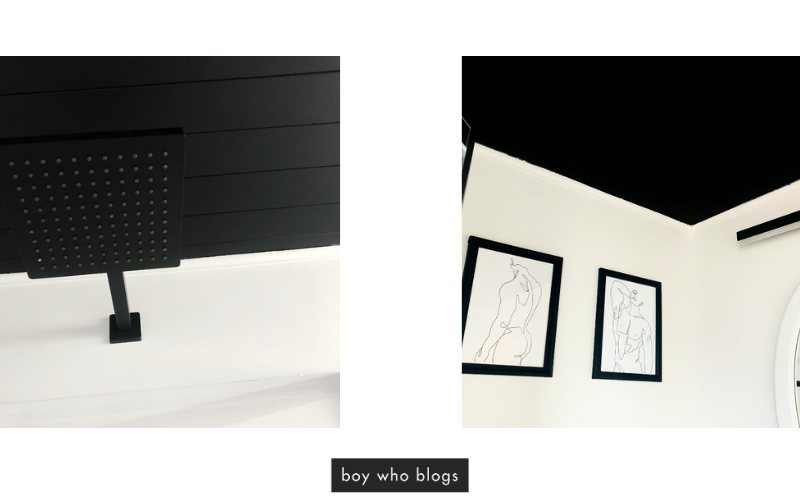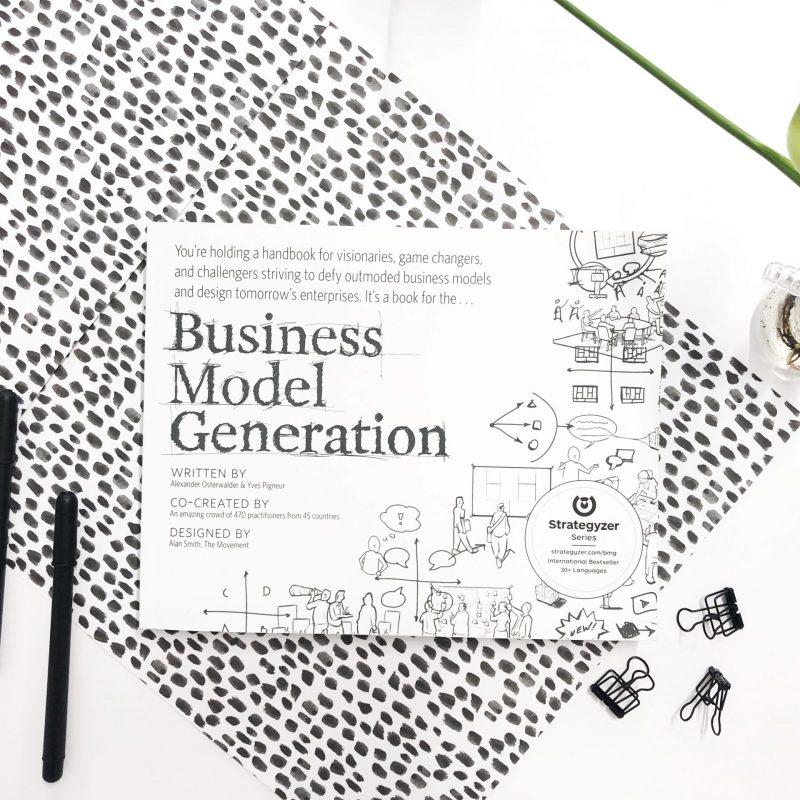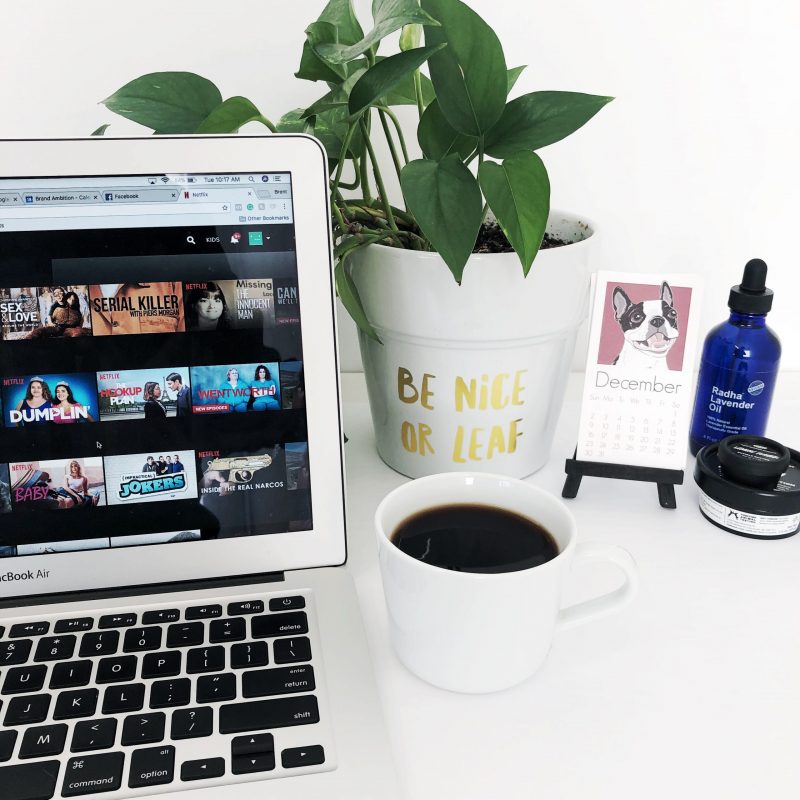Every business should have a website. Every business also needs to have a strategy to get people on that website once it’s live. Your website could be a simple, one-page design with a few sections or something more complex that has multiple pages and fun features such as online shopping or online bookings. There is no right or wrong and ultimately, your budget is going to be a huge factor in what sort of website you can build.
The first thing you should secure is hosting and a domain. Look at hosting as your “lot of land” on the Internet. The domain/URL is more like your “address”. So if I want to visit your “house” aka, your website; you need to have a location and an address for me to get there! I use that comparison a lot and most people get it. Others don’t. Both of these are typically billed annually unless you decide to purchase 2, 3 or more years at once.
You’re also going to want to ensure you have an SSL certificate. Having this will keep your domain from being flagged as insecure and will help you rank in search engines better. When the certificate is installed, it activates the padlock and the https protocol in your web browser. Thus allowing secure connections from a web server to a browser. Google likes that!
You might also want custom emails. If so, look into this with whoever you decide to purchase your domain and hosting from. You can have hosting with one company and a domain with another, but if you can keep them together – it’s less to manage and organize.
Moving into an actual website build, there are lots to consider such as:
- what pages do you need?
- what is the purpose of the website?
- is there a top call to action?
- what does your company do?
- why do clients pick you over others?
- what might hinder someone from hiring you, or buying from you?
- who is your site for? what is the primary audience we’re targeting?
- what words or phrases might someone looking for your business use?
- do you have a brand story, or history to share?
- what features would you like? There are lots of different things to consider such as: online booking, registration forms, online sales, a blog module, an online payment gateway, newsletter sign up, upload/download options, members only area, a search bar.. the list goes on!
When thinking of website content, remember, less is more. You don’t need to provide three long paragraphs about yourself, give us the key points that will build trust! Same with your process, give us the highlights – don’t be overwhelming. We usually want those website visitors to contact you for more information. If you put too much text on the website, it’s going to be a lot; especially for those viewing from their phone. Always be thinkin’ about how the website will look when viewed from a smart phone.
Before contacting a web designer, I recommend preparing your website content. You can hire a content writer, but you can save yourself money by doing this. Even working with a content writer, they’re going to need some direction/key bullet points to expand on. I would say 90% of my clients who do not purchase content writing, hold up their web projects because they do not have the website content prepared. A lot of people ask if the designer can just put place holder text in. Yes, some designers will do that. However, a lot of designers don’t. That’s because if they only leave a small blurb for your about section but you provide 5 small blurbs – they are more than likely going to have to redesign the layout. Work efficiently and save yourself time and money!
Besides the written content, you’re also going to need to gather some images or video. This could be professional media files that you have or stock photos/video. The most professional, cohesive websites have branded photography/video. If your website uses blue, black, white and green – try to incorporate those colours into your media through the use of clothing, props, decor, and even backgrounds.
Other things you can supply your web designer up front are:
- branding files: colours, fonts, logos, textures and backgrounds
- social media links
- contact information (email for general inquiries)
- your mailing address
- privacy policy / terms & conditions
- access to third-party plugins: ie, online bookings
If you can prepare all of this, you will have a much better web experience and your web designer will be able to work much more quickly.




